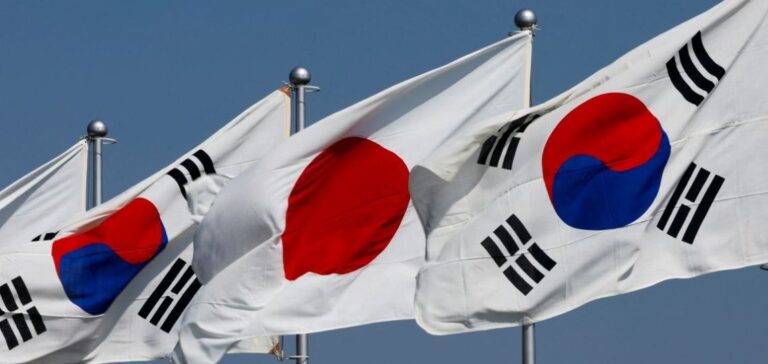Refiners in South Korea and Japan are almost totally dependent on imports to obtain their raw materials. They are feeling the full impact of the strong US dollar. With the Japanese yen falling to its lowest level since 1990 and the South Korean won at a 17-month low, import costs for crude oil, condensate and naphtha have risen sharply. These rising costs are putting refining margins under pressure. Domestic inflation and consumer sensitivity to currency fluctuations aggravate this situation, according to information from major refiners such as Cosmo Oil and S-Oil.
Refiners’ strategies for dealing with currency volatility
Faced with the dollar, some refiners are considering maximizing their dollar earnings by increasing exports of petroleum products. Despite the fact that domestic sales and petrochemical margins may suffer. However, the outlook for the second quarter is not optimistic. Export margins are unattractive and logistics costs are high, as explained by a sales representative from a Japanese refiner.
Impact on domestic sales and exports
In South Korea, domestic sales of gasoline and diesel fell by 8.8% in March. However, exports of these fuels rose by 22.6%, according to Korea National Oil Corp. In Japan, diesel/diesel exports also increased, despite a drop in domestic demand. It also illustrates the complexity of market dynamics influenced by exchange rates.
South Korea’s oil reserves policy
Faced with rising fuel prices, Korea National Oil Corp. reaffirmed that it would not release its oil reserves. This underlines the limitations of using strategic reserves for economic relief, a principle that remains firm despite public pressure.
The impact of the strong dollar highlights the challenges facing refiners in South Korea and Japan, affecting import costs and the management of domestic markets. These monetary tensions call for adaptive strategies to navigate an uncertain and interconnected global environment.





















